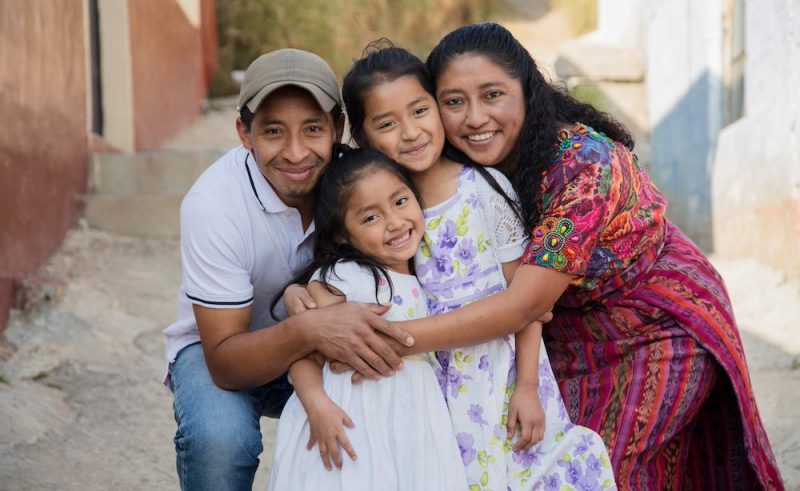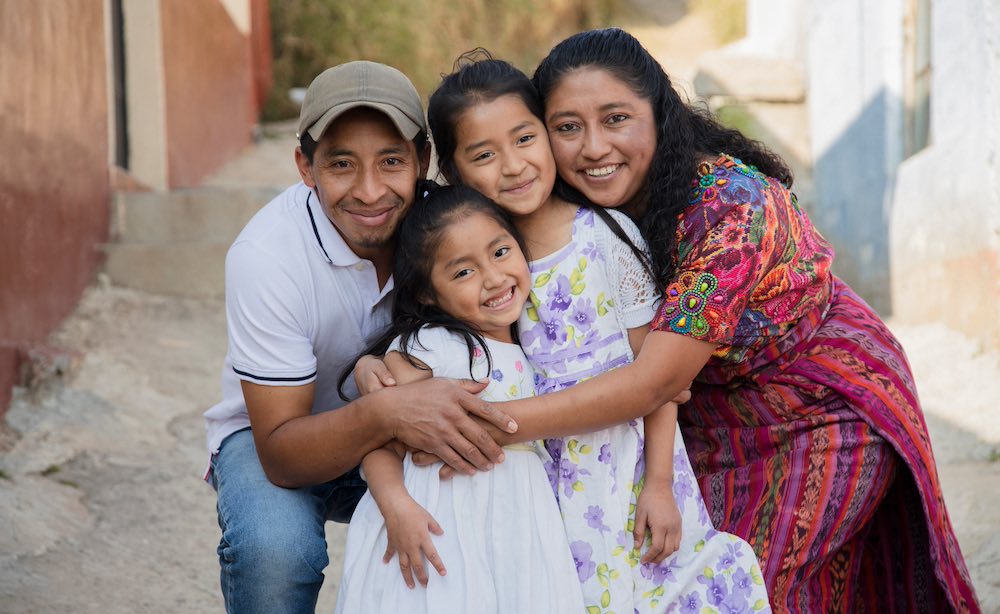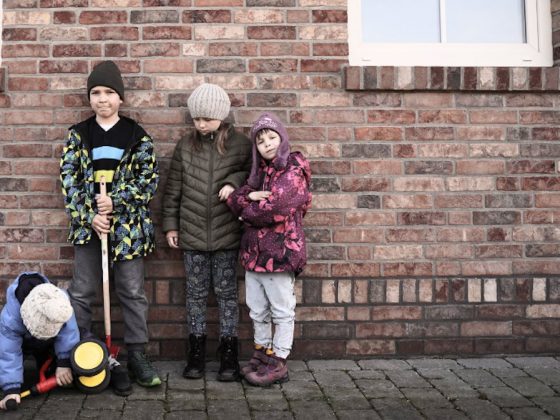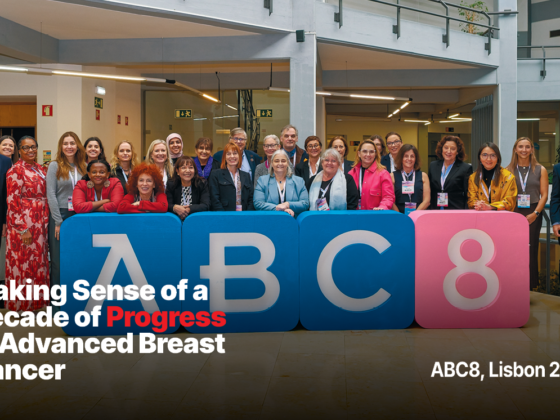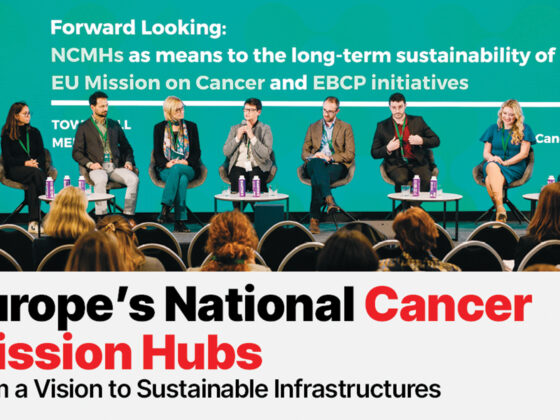Last October, the Pan American Health Organization (PAHO) launched its Latin American and Caribbean Code Against Cancer, seeking to help reduce the region’s rising cancer incidence rates. “We must act now to reverse the projected trends,” said Elisabete Weiderpass, Director of the World Health Organization’s International Agency for Research on Cancer (IARC).
The trends are indeed concerning. In 2020, almost 1.5 million people across Latin America and the Caribbean received a cancer diagnosis, and more than 700,000 died from the disease. By 2040, the numbers are expected to grow to 2.3 million new cases every year, and 1.25 million deaths.
However, the most common cancers, such as lung, cervical and colorectal cancer, are preventable. That is why more than 60 regional experts, led by IARC and PAHO, got together to adapt the 2014 European Code Against Cancer for the Latin American and Caribbean context. Seven of the recommendations focus on lifestyle-related risk factors, four on environmental and occupational risk factors, two on infections, and four on interventions such as cancer screening.
Some of them are similar to those in the European code, including the recommendations on smoking, moderating alcohol intake, eating a healthy diet, protecting against solar radiation, breastfeeding, limiting use of hormone replacement therapy, and screening for colon, rectal, breast and cervical cancer. Others are specific to the region’s own cancer risks.
The Latin America and Caribbean region has the highest rate of Helicobacter pylori infection in the world, making the risk of gastric cancer much higher there than in other regions. Latin America’s HPV prevalence is twice as high as the worldwide average. Many households in the region still rely on wood-burning stoves for cooking and heat.
So, the new code advises people to avoid smoke build-up in their homes, to avoid outdoor activities if air pollution rates are high, to vaccinate boys and girls against HPV, and to consult physicians about screening and early detection of Helicobacter pylori.
According to María Fernanda Navarro, Regional Director Latin America at the City Cancer Challenge Foundation, the code tries to simplify the language of cancer prevention, “so that people can apply these recommendations”.
The code also includes a list of recommendations for decision-makers: adding health warnings to tobacco, alcohol, and unhealthy foods and beverages; establishing environmental air quality standards; ensuring availability of HPV vaccines; implementing sex education programmes; and adopting international codes and conventions, such as the WHO Framework Convention on Tobacco Control.
To back this up, PAHO’s Public Health Virtual Campus is offering a virtual training course on the code to enhance awareness and improve the understanding and skills of primary care providers in cancer prevention.
“It is very important for each country to understand which diseases to attack and which are highly preventable”
“In the area of prevention and promotion, governments have more responsibility than individuals,” says Navarro. The first step, she says, is to understand what to prioritise. “I believe it is very important for each country to understand which diseases to attack and which are highly preventable.”
Addressing cancer prevention through the code won’t come without its challenges, however. Key among them will be reaching people in rural communities with diverse cultures and languages.
“Often, people don’t believe that cancer is preventable,” says Laura Tucker-Longsworth, a Board Member of the Healthy Caribbean Coalition, which includes more than 40 Caribbean-based health NGOs. Considering the socioeconomic inequalities facing Latina America and the Caribbean, it is vital that people feel empowered to implement these guidelines, she says.
Another big challenge is political. “Prevention is not popular in terms of public policy, because results aren’t seen in the short term,” says Navarro.
That is why NGOs and civil society will need to play a pivotal role in helping educate people, and lobbying governments to ensure that people get the access they need to a preventative package and detection strategies. “As civil society, we speak for our communities, so our challenges have just gotten even bigger,” says Tucker-Longsworth.
The stretched budgets of several healthcare systems across the region also needs taking into consideration. Navarro points out that governments should be mindful of the pitfalls of implementing screening programmes too rapidly before putting into place the infrastructure required to treat the wave of new patients that will arise.
While these challenges may seem insurmountable, they can be tackled, says Navarro. The fact that the entire region has a set of guidelines to start working from is a major step forward, she says. “This code is more focused on Latin America, which makes the governments of our countries more capable of translating it into something local.”

